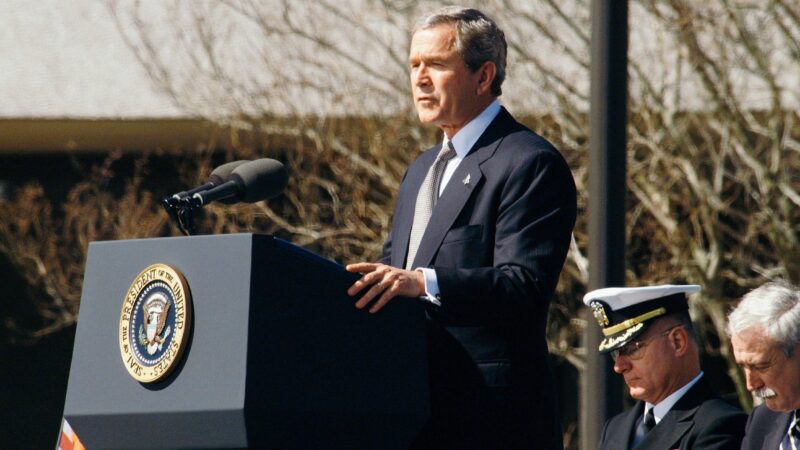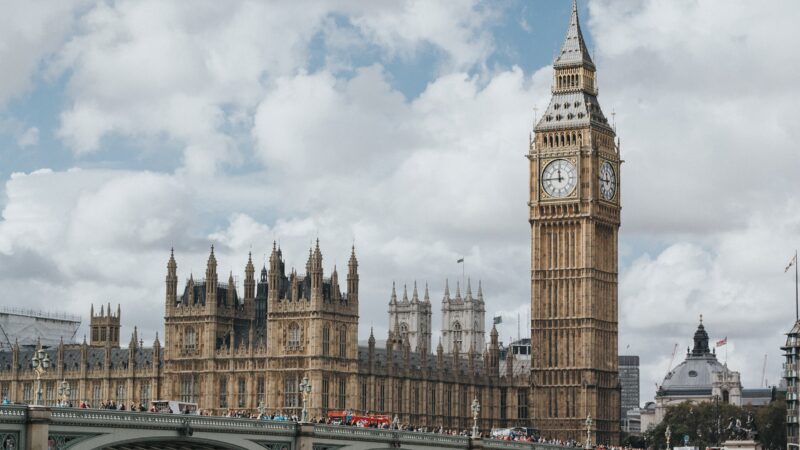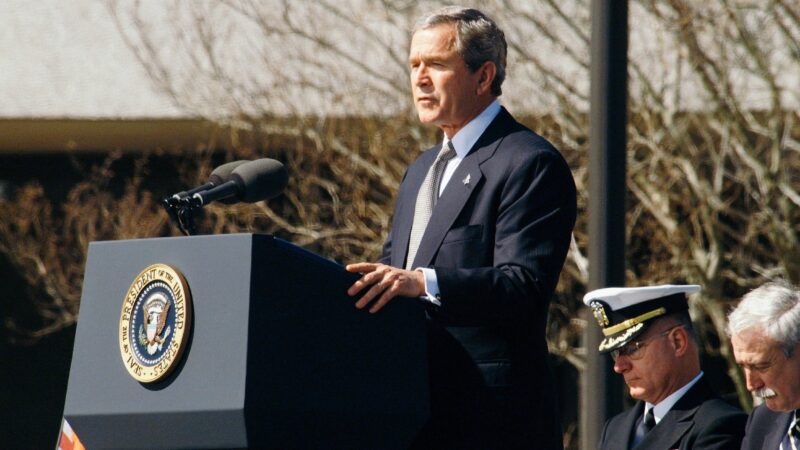A Response to Polly Toynbee
“Know thyself” is a most fundamental axiom of Greek philosophy that has been repeated into cliche in philosophy and religious studies classrooms around the world. And yet it is a concept that many seem to forget. To ignore our fundamental presuppositions and the grounding of our beliefs is foolish and to unwittingly seek to undercut them is ideological suicide.
These thoughts follow my reading of Polly Toynbee’s recent article in the Guardian which seeks to essentially de-Christianise Christmas celebrations and throws around the terms ‘cultural Christianity’ and ‘humanism’ as a way to legitimise her thoroughly anti-Christian position as some kind of reasonable middle ground/self-critique. A contradiction for sure, as she lampoons the foundations of Christian belief and excoriates the actions of early Christians. If we attached power cables to Friedrich Nietzsche’s grave, his rolling would probably solve the present energy crisis our country is currently undergoing.
Cultural Christianity, at the very least, demands an adoption of Christian morality and admiration for Christian tradition and history that is ridiculous to maintain in lieu of actual religious belief and makes me wonder why one doesn’t go all the way to believe in God too. Perhaps we consider the morality of ‘love thy neighbour’ as not necessarily an exclusively Christian belief but the very mindset that the European and American lives in are framed by Christianity – from the Protestant work ethic to our preference for monogamous relationships. Believing in the morality, mindset and general worldview of Christianity without its origin and basis, the teachings of Christ and the existence of God is vapid and naive. Why is marriage a sacred, inviolable contract if its primary advocate is not even real? (or dead).
This mindset is ultimately pointless and shallow and seeks to provide its own moral foundation with an appeal to some kind of tradition, popularity, or history – merely copying a greater tradition than itself. Ms Toynbee’s self-critical cultural Christianity is further called into question as nothing more than a veneer in her decidedly un-historical diagnosis of Christianity as anti-philosophical, anti-mathematical and anti-intellectual. The church is aware of its failings as a human institution, our own doctrine expects this and our scripture reminds us to be constantly vigilant against sin and our nature. Unfortunately, examples in history can be dragged into scrutiny to illustrate the failures of our forefathers. Maybe certain Popes and church leaders resisted the progress of science, or maybe the condemnations of 1277 sought to strangle ‘heretical’ elements of Aristotelianism out of medieval philosophy, but it isn’t appropriate to attribute particular mistakes by fallible humans to the wider religion. To do so is to be blinkered to what Christianity has provided and what it stands for.
Many of the greatest leaps in mathematics and science were accomplished by monotheists, algebra was pioneered and beautifully developed during the Golden Age of Islam and much of modern science owes its exposition and articulation to Christianity: Newtonian physics, Mendelian genetics and even the Big Bang Theory originate from Christian scholars. As for philosophy, while the discipline in the medieval period did develop in partnership with theology, the enlightenment saw the emergence of important secular thought among many Christian thinkers. For one example, Immanuel Kant, the father of modern philosophy, sought to use God to justify human freedom and escape relativism and nihilism; providing a philosophical framework that has shaped the European zeitgeist. There is a good case to be made that most Anglo-American philosophy that traces back to Hume is essentially a secularisation of the work of William of Occam; a Franciscan monk. Yes, certain Christians supported the barbaric practice of slavery but subsequent Christians spearheaded the abolitionist cause and rebuked their forebears. To accuse Christianity of being backwards because some nuns teaching children attempted to use theological themes to encourage good behaviour is intellectually immature. Ms Toynbee can chase caricatures and mistakes by certain people in order to try and hurry Christianity out the door as much as she wants but her arguments are largely rebutted by a cursory reading of history. There is no real correlation between Christianity and intellectual stagnation.
A point that is interestingly used to drive her case forward is to complain about the largely ceremonial title of Fidei Defensor, which our monarchs adopted as an ironic jest at the Papacy. It is a somewhat nickel and dime point to analyse the declaration of the Anglican church’s independence – remember that the monarch is also the (ceremonial) Supreme Governor of the CofE: a broadly ceremonial title. Surely then, in an institution that is allegedly racist and backward, we should be welcoming Charles’ declaration to defend all the faiths of all of his subjects even if he is styled with a ceremonial, historic title? Dwelling on the ‘the’ seems to be counter-productive. These nickel-and-dime points come across as the bread and butter of this article – We can see another example of these snipes in her discussion of assisted suicide. To say that life is sacred and that assisted suicide is a slippery slope somehow makes our elected officials dangerous radicals that are out of touch with the electorate. This polemic move is extremely dishonest. See the advancement of medically assisted suicide in Canada as an example of the practical risks associated with this policy.
Maybe this response article is also rising to the nickel and dime bait. The debate could rage forever, as glib anecdotes and controversies are thrown about to illustrate the evil of the ever-vengeful skydaddy and his charlatan prophet. But let’s not forget the message of Christmas in the Gospel – a message of love, hope and the salvation of mankind by God who loves His creation and wants nothing more than to reconcile our broken relationship.
Let’s remember that the secular values we associate with Christmas – family, reconciliation, joy, giving and altruism – stem from a message of divine love and peace with a promise to end human suffering. Ms Toynbee’s vision of a secular winter holiday is not possible without the Incarnation.










Britain needs to be more family-friendly – but not on Corbyn’s model
Jeremy Corbyn is back in the news, though for admirable and respectable reasons this time. In a speech to the Commons on Tuesday, Corbyn argued that the current two-child limit to parental support benefits is immoral, specifically immoral to the 3rd, 4th or 5th child born to that parent, and instead it’s time “to scrap the two-child limit on benefits, and create a social security system that treats people with dignity, care and respect.”
It is quite common for socialists to claim that “it’s time” for the measures they propose, thus implying it has been a deliberate, cruel choice thus far to not pursue the measures, rather than caused by any practical limits. Nonetheless, stopped clocks and all that, and Corbyn has actually managed to touch on a problem quite serious in the British polity: we have an aging population and a declining birth rate, a combination which is, put nicely, a demographic time-bomb.
It was not that long ago that a Tory minister received quite substantial criticism for proposing a pro-natalist policy, which must of course raise eyebrows as to why Corbyn is being lauded for proposing something so similar. I think we can chalk that one up to a mistaken belief that the unnamed minister was attempting to “engineer” a birth rate change whilst Corbyn just wants to support the children born anyway.
Corbyn is, fundamentally, correct. The British state needs to do more to support children, but the focus should be on families, rather than children alone. By focusing on “children”, Corbyn is – unintentionally, I think we need to admit – neglecting the role parents play in both the creation and support of children. An avalanche of studies show the advantage children experience when both of their biological parents are involved in their childhood. Most importantly, the family is the finest form of welfare available in the world, and thinking the state can ever do more than supplement that welfare is misguided at best.
Since Corbyn has wandered into normative questions, we also need to clarify what is actually “immoral” in his eyes. Is it that further children would not get any support from the state? Perhaps, but then the immorality is not caused by the state, it is caused by nature as a rule and ameliorated by the state as an exception. Is it that, in providing support for the first two children but not any subsequent children? Maybe, but it is a dubious claim that state welfare is an expression of moral worth, though I appreciate I am battling with a socialist on this.
Moreover, this might be a typical “nasty party” attitude to take, but why does Corbyn stop at the 5th child? Why not make the point regarding the 10th, or 20th child? Pro-natalist policies are good, when they support the lives of children already in the world, but if we are not careful we can generate a trap in which it pays to have children, and not work. Incentivising parents to have more children when it is the state supporting them and not their own employment is risky business.
What it should be doing instead is less direct. Instead, the British state needs to foster an environment that is more supportive of families, both in the material and in the attitudinal sense, which I explored in a recent paper with the think tank Civitas. What is an unfortunate truth of this situation is that birth rates are almost uniformly a symptom of the social environment, with a positive correlation between economic development and falling birth rates. As far as I know, no developed nation has successfully broken this link, but that does not mean it cannot be done.
If the economic development of a nation has a bearing on birth rates, but birth rates are not the primary concern of national governments in their economic policies, then we cannot rely on the economic argument only, but there is still the possibility that economic policies could be shaped around families more. For one, as the Tory minister suggested, reforming the tax system to offer tax breaks in proportion to children (in both number and age) is an obvious option. The fact that Hungary has pursued such policies suggests it is possible, so the political will is all that stands in the way.
Inevitably, we need to think about housing. Property offers the most secure physical environment for parents to raise children in, especially as they make the transition from tenants to owner-occupiers, with which comes a greater degree of security. As has become common to remark on, millennials and Generation Z are facing crises of home-ownership, and without the security that can offer, families will start later and later, which not only has an effect on birth rates, but will mean those children born will be born into a world of insecurity.
Corbyn is right that the British state needs to support children more, but he has missed the key point: the British state is not hospitable to families, and needs to be restructured to be so.
Photo Credit.